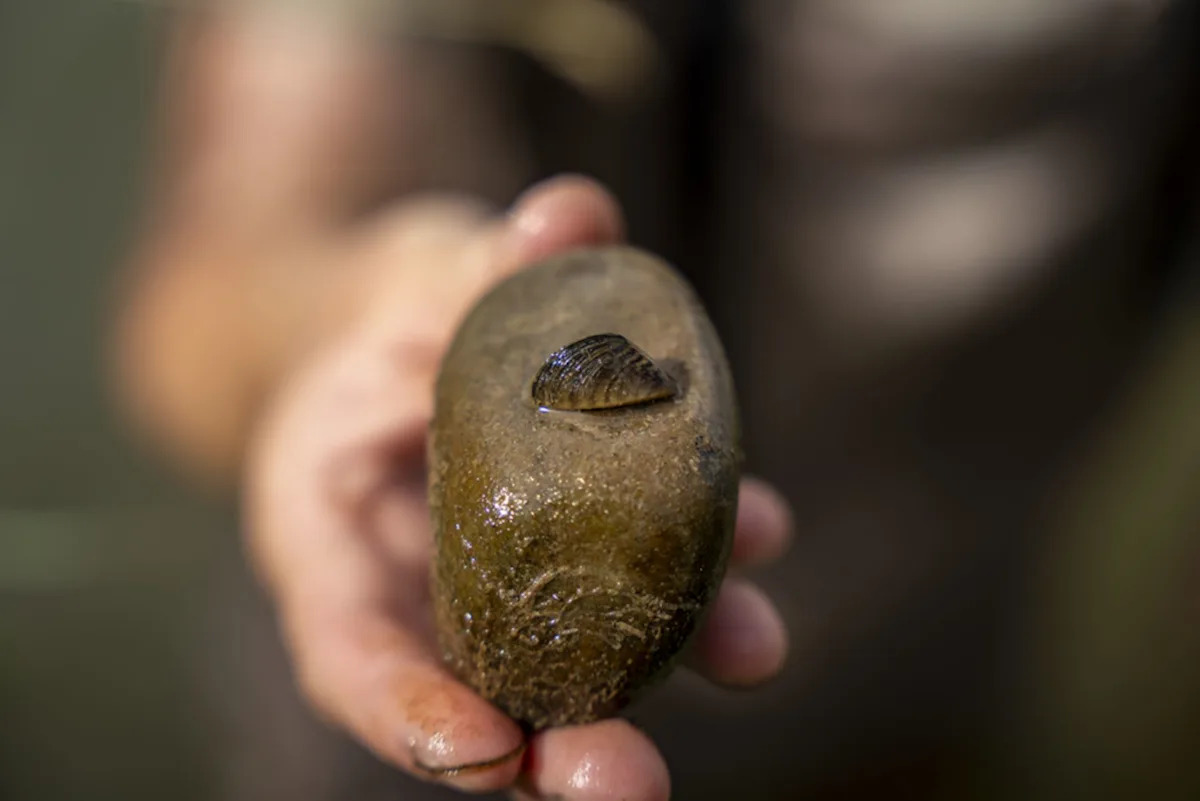Home / Environment / Zebra Mussels Infiltrate Colorado's Rivers, Experts Race to Contain Spread
Zebra Mussels Infiltrate Colorado's Rivers, Experts Race to Contain Spread
15 Oct
Summary
- Zebra mussels now established in Colorado's waters, including the Colorado River
- Experts warn of threat to native mussels and water quality
- Boaters urged to clean boats to prevent further spread of invasive species

As of October 2025, the zebra mussel invasion in North America has reached a critical point in Colorado. The National Park Service has confirmed that these ecological nuisances have now firmly established themselves in the state's waters, including the Colorado River.
Previously, only zebra mussel larvae, known as veligers, had been detected in the river. However, recent sampling has revealed the presence of adult zebra mussels, leading experts to conclude that the invasive species has successfully infiltrated Colorado's waterways.
The Colorado River from the 32 Road Bridge to the Colorado-Utah border is now considered infested with zebra mussels, and several other bodies of water in the state have also been designated as "infested" due to the discovery of the invasive species.
Colorado Parks and Wildlife director Jeff Davis has expressed concern over this development, stating that while it is not the news they wanted to hear, the possibility of a zebra mussel invasion was always a concern. The experts are now working on a game plan to isolate the infestation and prevent it from spreading further.
Zebra mussels, native to the Caspian and Black Seas, are known for their efficient reproduction and ability to disrupt native ecosystems. They can block native mussels from moving, feeding, regulating water, and reproducing, leading to a decline in water quality and the overall health of the aquatic environment.
To combat the spread of this invasive species, the National Park Service emphasizes the importance of prevention. Boaters are urged to thoroughly clean their vessels to ensure that they do not inadvertently transport zebra mussels or their larvae to other bodies of water.
As the experts work to develop a strategy to contain the zebra mussel infestation in Colorado, the public's cooperation and awareness will be crucial in preventing the further spread of this ecological threat.




